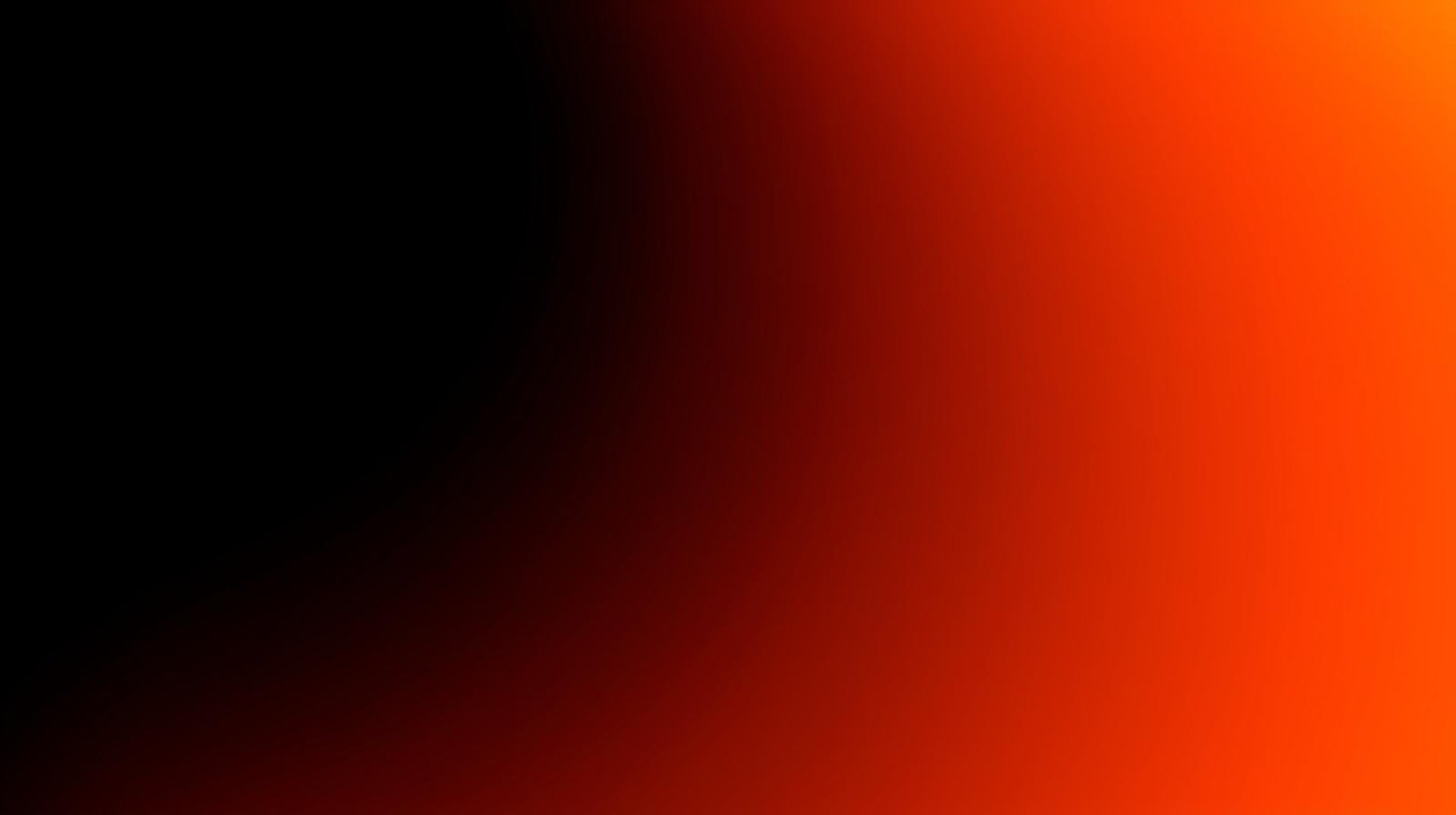
God – The One Beyond All Comparison
Every belief system in the world speaks of a higher power. Yet, throughout history, people have created countless versions of “god” — some imagined as idols, others as saints, or even forces of nature.
The Quran begins by removing all this confusion. It invites us not to any intermediary, symbol, or human figure — but directly to the Creator of the Universe.
“O people, worship your Lord who created you and those before you, so that you may become mindful.” (2:21)
The Eternal and Absolute
One of the shortest chapters of the Quran summarizes who God is with perfect clarity:
“Say, He is God, One.
God, the Absolute.
He neither begets nor is begotten.
And there is none comparable to Him.” (112:1–4)
This short passage shatters the confusion of centuries. God is not born, not made, not part of creation — and nothing is like God. The Quran describes Him as eternal, self-sufficient, and beyond need, while everything else depends on Him.
“He is the First and the Last, the Obvious and the Hidden; and He has perfect knowledge of all things.” (57:3)
Beyond Human Limitations
The Quran reminds us that God does not get tired, forget, or rest:
“Neither slumber nor sleep overtakes Him. To Him belongs whatever is in the heavens and whatever is on the earth.” (2:255)
“We did indeed create the heavens and the earth and all between them in six stages, and no fatigue touched Us.” (50:38)
This correction is significant — it separates divine perfection from human imperfection.
Why We Need Revelation to Know God
By observing creation, we can sense the power, wisdom, and order behind the universe. Yet reason alone cannot tell us who this Being is, whether It cares about us, or why we exist.
That is why, as the Quran explains, revelation is essential — it is God introducing Himself to humanity.
“It is God who created the heavens and the earth and everything between them in six stages, then established Himself above the Throne. You have no protector or intercessor besides Him.” (32:4)
Without revelation, we could only speculate. Through the Quran, the Creator speaks, explaining His nature and purpose.
The Most Beautiful Names
The Quran encourages us to know God through His qualities — the Most Beautiful Names that describe His mercy, wisdom, justice, and creativity:
“God — there is no deity except Him. His are the Most Beautiful Names.” (20:8)
“Call upon God, or call upon the Most Merciful — whichever you call, to Him belong the Most Beautiful Names.” (17:110)
These are not separate gods, but ways of understanding the same infinite Being. Below are a few examples:
The Merciful – who wrote mercy upon Himself (6:12).
The Creator (39:62).
The All-Knowing – who knows every thought and secret (67:13–14).
The Just – who never wrongs anyone (3:182).
When we call upon God with any of His names, we are addressing the same Creator who sustains every atom in existence.
The Word “Allah” and What It Truly Means
Many people misunderstand the word Allah, thinking it refers to a specific “Islamic god.”
In reality, Allah simply means The God — the One true Creator, not a name invented by a particular religion.
Arabic-speaking Jews and Christians also use the same word for God in their Bibles and prayers. The Quran even records that those who opposed the Prophet still recognized this word:
“If you ask them, ‘Who created the heavens and the earth?’ they will surely say, ‘Allah.’ Say, ‘Then how are you deluded?’” (29:61)
So the Quran does not introduce a new deity — it corrects the false ideas attached to the One already known in human awareness.
The Evidence of God in the World Around Us
The Quran directs us to observe the signs in existence:
“We will show them Our signs in the horizons and within themselves until it becomes clear to them that it is the truth.” (41:53)
“Which of your Lord’s favors will you deny?” (55:13)
Life, consciousness, and the universe itself are not random. They all point to a Creator whose intelligence and mercy are woven into every aspect of existence.
Why It Matters to Know God
Without acknowledging our Creator, life loses meaning. Death appears as an end instead of a transition.
But once we recognize that we were created with purpose, everything changes:
“Why should I not worship the One who created me and to whom you will all be returned?” (36:22)
Knowing God gives peace to the heart, direction to the mind, and purpose to the soul.
Reflection
The Quran’s message about God is simple, logical, and liberating:
There is only one God — eternal, merciful, and unlike anything we can imagine.
All creation depends on Him, while He depends on nothing.
And every mind and heart are invited to recognize this truth freely.
“God — there is no deity except Him, the Ever-Living, the Sustainer of all.” (3:2)